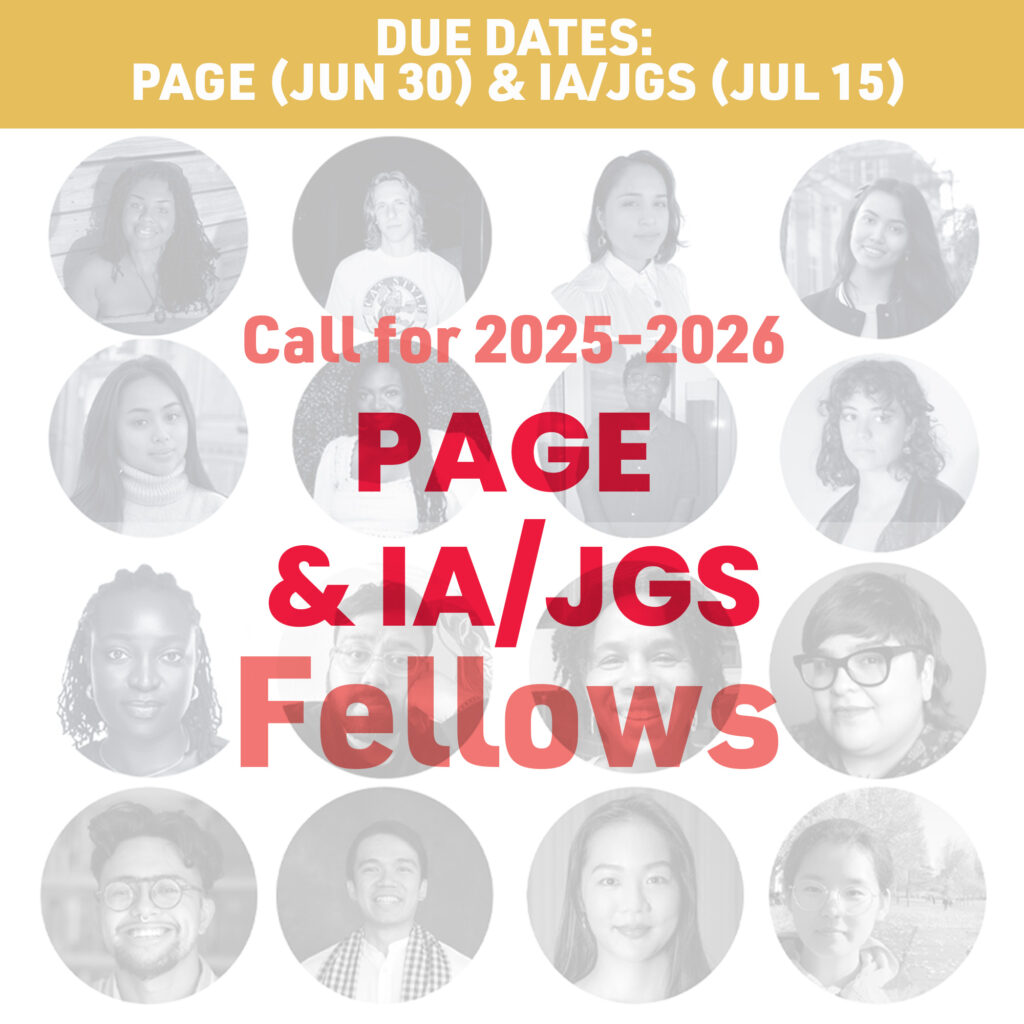In Defense of ‘Lay Knowledge’
By Emelia Abbe, Ph.D. candidate in English Language and Literature at the University of Michigan, and a 2018-2019 Publicly Active Graduate Education (PAGE) Fellow. This PAGE Blog Salon explores themes of citizenship, intersectional activism, and public scholarship, important topics of the upcoming Imagining America national gathering, Oct. 19-21, 2018, in Chicago, Illinois.
I’ve been seated in seminar rooms, fidgeting uncomfortably when instructors made passive-aggressive remarks about the value of public scholarship. “Certain members of the faculty are projecting the need for alt-ac projects onto our graduate students,” one says. “We’re trained with particular expertise. If anyone had them then how do we justify our work? We must be better readers than the lay-person because of those expertise,” asserts another. I feel myself flinch. Opinions like these are a prickly way of “justifying our work” in the humanities. These speakers preclude the idea that ‘lay’ thinking has something to offer to those of us who are graduate students in the humanities. For these folks, our job is still, even in this time of political and professional crisis, to claim an exclusive knowledge. I bristle at this orientation to people beyond the university. Our work shouldn’t be one-directional.
I’m deeply invested in the value of “lay” forms of knowledge. Raised by one set of grandparents who were farmers, a second who were electrical engineers, and parents who are computer experts, I think about my place in the ‘professional’ world in terms that look different than the “expertise” many humanities faculty love to tout. Land surveys, circuit maps, and electrical grids have me approaching my own working life and interactions as rendered in different ways. In fact, it was my electrical-engineer-grandfather who explained to me that “an insular life is no way to live—everything hooks up to something else, whether backward, forward, horizontal, vertical, thick, or thin.” My public scholarship, as a result, is bound up in intergenerational and interdisciplinary modes of interaction. It takes seriously Sylvia Gale’s model of public scholarship as a process of inhabiting “various concurrent roles,” many of which, for me, are not academic in any sense.
My roles as a Midwestern farm kid, a boxer, a teacher, a member of an intergenerational household, a graduate student and a beer brewer have all shaped the trajectory of my public-facing graduate school career. As a brewer, in particular, I found space to disavow all-to-familiar narratives about how a scholarly career should look. It allowed me a means of rethinking a larger narrative that academic work is incompatible with “blue collar” labor. My experiences in the brew house and taproom have opened up sites of cultural conscience and engagement for me.
In the craft beer industry, I found that bars and breweries are untapped cultural sites. Historically, these establishments housed complex, domestic social and political transactions while simultaneously participating in a developing global market economy. These spaces represented (and still do represent) an intersectional discursive environment with regards to race, gender, politics, and social class. Women and persons of color were integral to the production of alcohol served in social spaces which saw the mingling of socio-economic classes and political ideologies. The industry today, though, does not reflect its rich intersectional history. My public scholarship wants to uncover the radical history and the radical present of pubs/taverns/breweries to catalyze questions and problem solving around diverse participation in the rich histories of these sites of free, direct, political discourse.
Gale, Sylvia. “Arcs, Checklists, and Charts: The Trajectory of a Public Scholar?” Collaborative Futures



